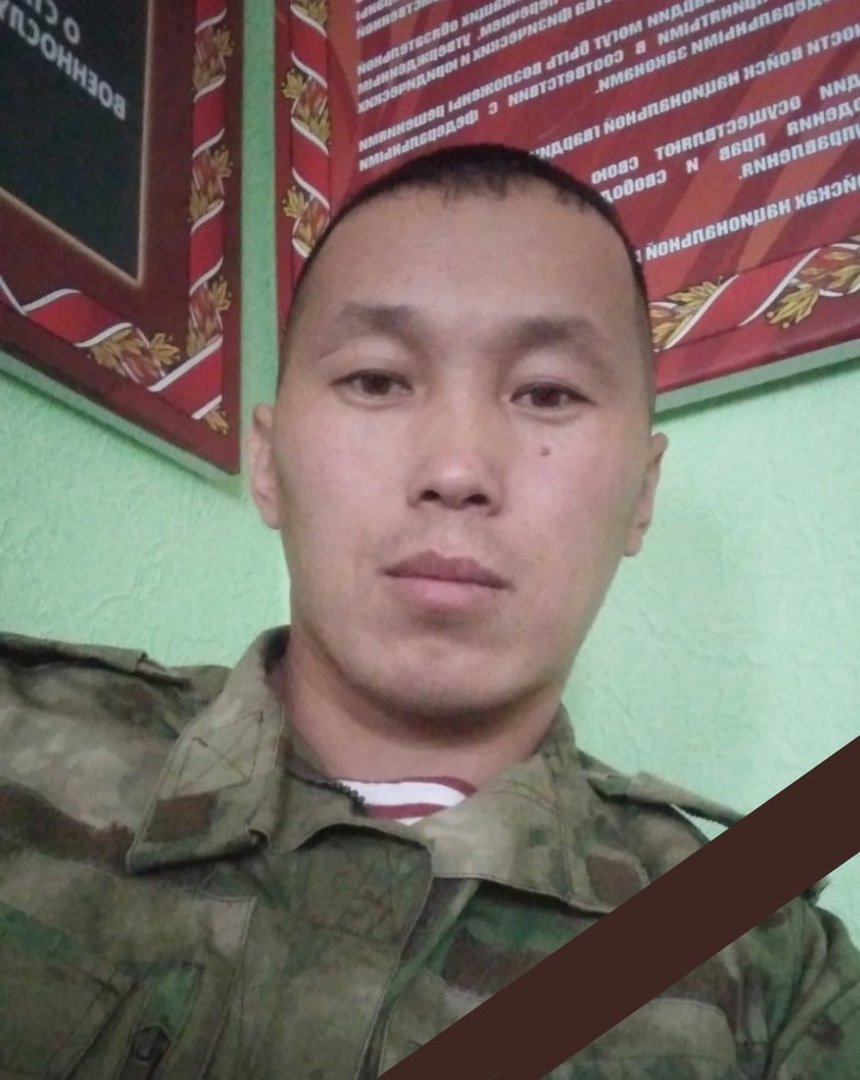5,831 views
Some advice to Ukrainians:
1. Ukrainian hackers post Russian casualty numbers on Russian official websites and social media accounts. That's not bad. A better idea - post instructions for sabotage. For example, if you burn trackside relay cabinets, it will lead to huge delays🧵
1. Ukrainian hackers post Russian casualty numbers on Russian official websites and social media accounts. That's not bad. A better idea - post instructions for sabotage. For example, if you burn trackside relay cabinets, it will lead to huge delays🧵
Russia is heavily reliant on railways. Russian autoroutes have always been of low quality (with few exceptions) and thanks to sanctions Russia will face difficulties with producing and repairing trucks. Railways sabotage will heavily undermine logistics and supply of Z-operation 
Railways sabotage in Belarus is already so widespread that it's severely undermining supply of a northern Russian Z-army. In Russia it's less common. And yet, that's exactly what's happened yesterday - someone attempted to blow up a relay cabinet with a handmade bomb near Kaluga 
Railway sabotage is great idea. First, it's small scale action which a regular guy can do. Just go and burn a relay cabinet. Second, it can inflict enormous damage. Third, railways are so long, it's just impossible to properly guard them all. Which makes them easy to attack 
Consider that Russian military industry is very heavily concentrated in a few clusters. For example, MLRS systems like Grad are produced on Motovilihinskiye Zavody plant in Perm. Just one major production center in entire Russia - makes it easy to sabotage 
Ofc this MLRS plant uses imported instruments. Their technologist mentioned Seco, Sandvick, Walter, Iscar, Mitsubishi, Ghuring, Botek and Tungaloy. He mentioned only one Russian plant which produces instruments of high enough quality - KZTS in Kirov. It's apparently a bottleneck 
Btw: this also shows how important it is not to allow technological import into Russia. Polish activists did a great job blocking the trucks leaving to Belarus. Belarus has been the main hub for Russian smuggling since 2014. Now as it's blocked, they'll try to use Georgia I think
Transsiberian railway is a highly vulnerable communication line. It's the only viable way connecting European Russia with Siberia and with China. Thus it'll be highly important for smuggling and technological import Russia can't do without 
On July 23, 2021 flood damaged a railroad bridge on the Transsiberian. As a result, 500 trains were delayed. Trade flows were disrupted: companies had to reduce their shipments by the railway by 50% between July 26-28. They didn't restore the normal schedule till mid August. 
That shows how vulnerable is the critical infrastructure in Russia. My advice - make concise instructions with sabotage, especially railway sabotage, and post them on Russian official websites and social media accounts. It's way more efficient than posting casualty numbers 

Not everyone in Russia agrees with Z-campaign. Here you see people in St Petersburg beating up a truck driver who put Z onto his truck
A guy in Voronezh tried burn down a military commissariat (recruiting station). He failed - they put the fire down, but his choice of aim was emotionally motivated and inefficient. Infrastructure sabotage is much better. Make instructions with visuals and post on official media 

2. If possible, target Russian military and National Guard on social media and send them standard instructions on how to avoid being sent to Ukraine. Which pretexts you can use, what instruments you have. No moral preaching, just - you can tell them A, B, C and they'll fuck off
3. Make public pressure on Western companies that refuse to leave the Russian market. French supermarket chain Auchan, and German Globus told they aren't leaving. Pressure them publicly, make it impossible for them to remain. That's important for increasing the systemic shock 
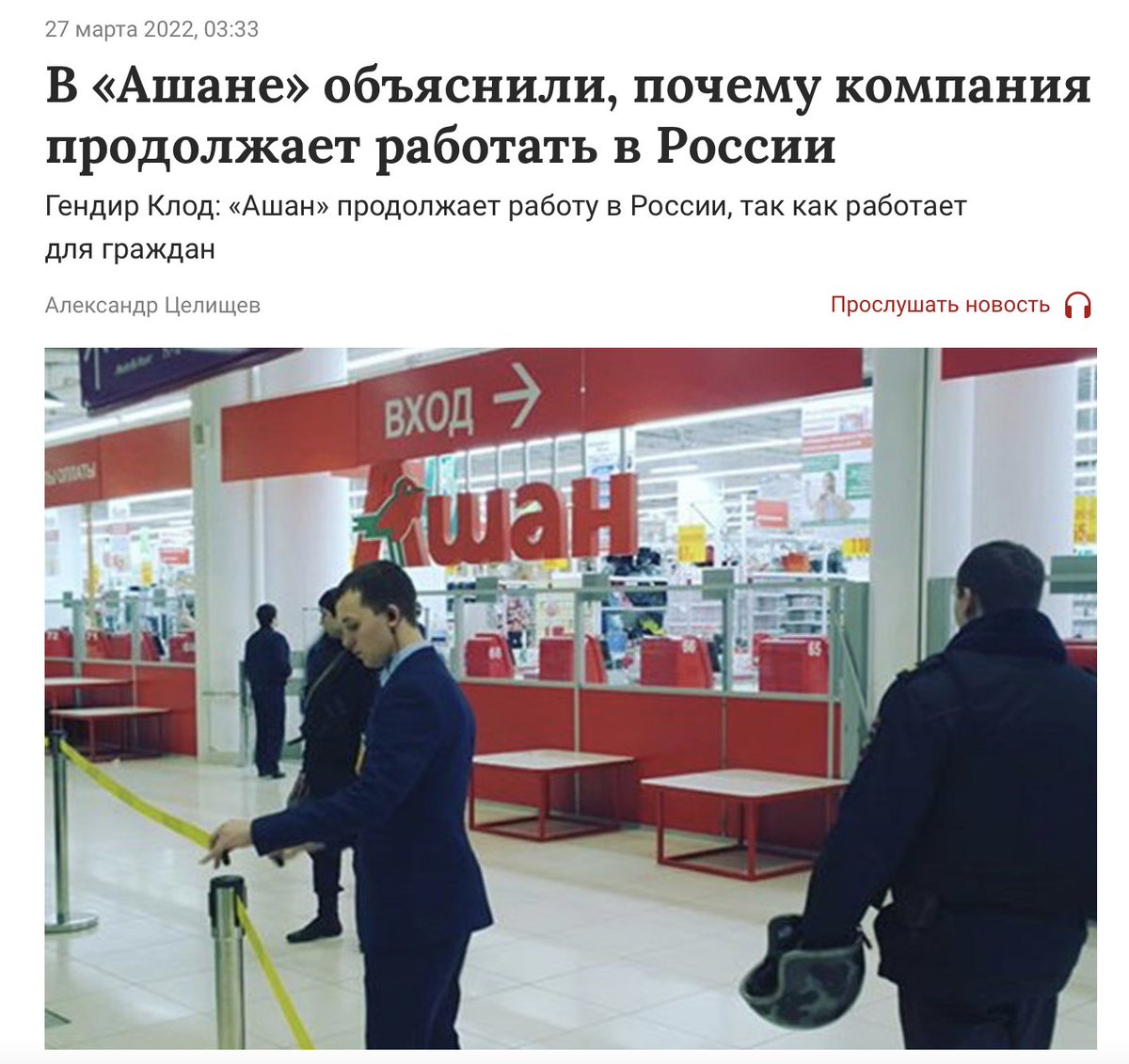
4. Make pressure on European governments to stop railway shipments from Europe to China through Russia. Yeah, they're still going, though their number decreased. And I strongly suspect they'll be used for smuggling vital European components for Russian military industry 

5. It's time to start talking with minority POWs, check their views and recruit those who could potentially change sides. Russian army heavily relies on minorities as cannon fodder. You know which region drafted the most people in Central Military District in 2021? Bashkortostan 

In 2021 when they lacked few hundred recruits to meet the quota, local ruler (a Kremlin man) ordered not to break "old traditions of military draft". They'd broke the law in every way forcing recruits into the army. That's how Moscow is getting cannon fodder for its imperial wars 
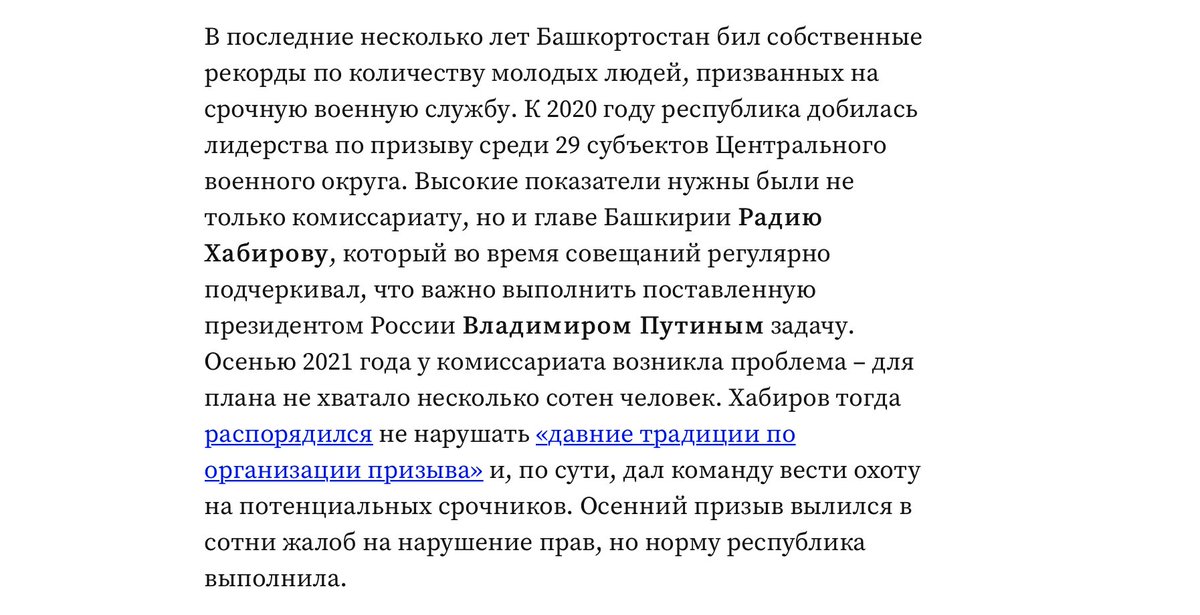
Moscow is using quite a wide range of minorities in Ukraine. Some examples of soldiers who are either KIA or captured, I'm not always sure. This guy is either a Tatar or a Bashkir from Bashkortostan 
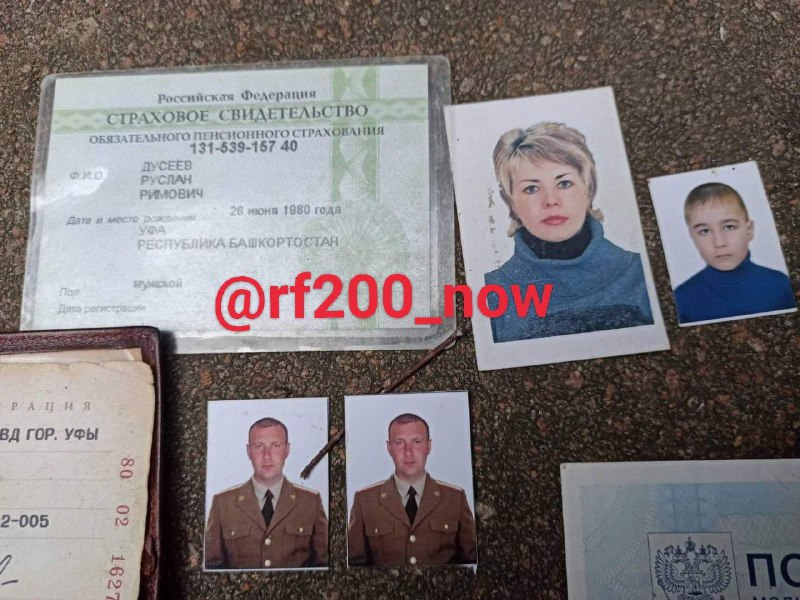
This one is a Kazakh from Astrakhan. Despite being just 14% of Astrakhan Oblast population, ethnic Kazakhs comprise 86% of Astrakhan casualties in Ukraine. Being a poor rural minority they naturally become a cannon fodder 
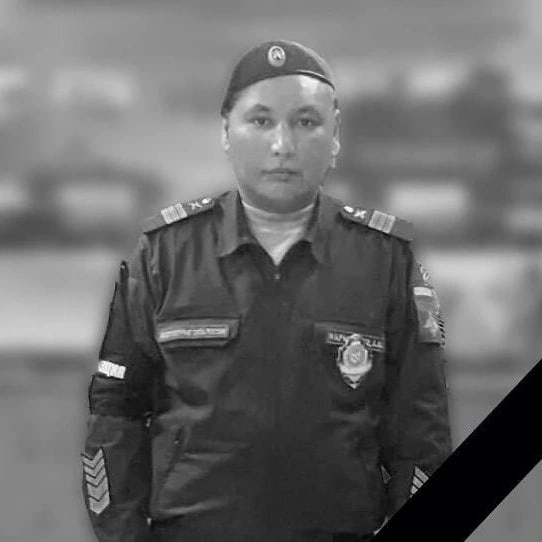
A captured Crimean Tatar serving in the Russian army. Crimean Tatars are heavily oppressed in Russia. After annexation new authorities started destroying their houses, disappearing their activists and random people. Their position is way worse than that of Kazan Tatars 

My advice - approach minority POW and check their views. Then choose those who can change sides and train them in special companies/batallions. With Russia spiralling to chaos, their impact can be huge. Remember, without Czechoslovak Legion there would be no Civil War in Russia 

Apart from recruiting minorities according to ethnic principle, it might make sense to use regional one. Identify critical regions in Russia that are weak links in a chain and create companies out of their recruits. My advice - Far East and South (Krasnodar, Rostov, Stavropol) 
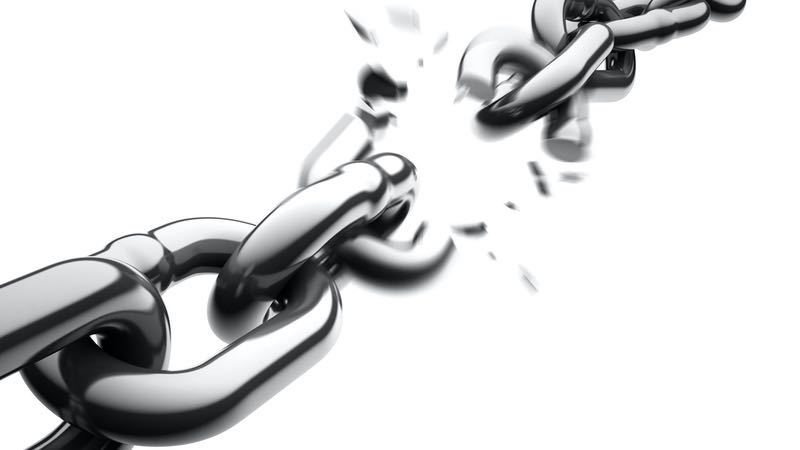
Let me quote Guicciardini
"I often noticed during the wars that people didn't carry out necessary actions thinking it's too late. And yet, later it would turn out, it was the high time for it. Things go much slower than we expect. That should serve as a warning"
End of 🧵
"I often noticed during the wars that people didn't carry out necessary actions thinking it's too late. And yet, later it would turn out, it was the high time for it. Things go much slower than we expect. That should serve as a warning"
End of 🧵
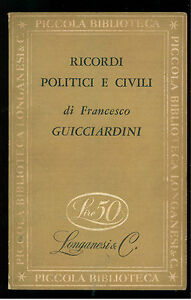
• • •
Missing some Tweet in this thread? You can try to
force a refresh
